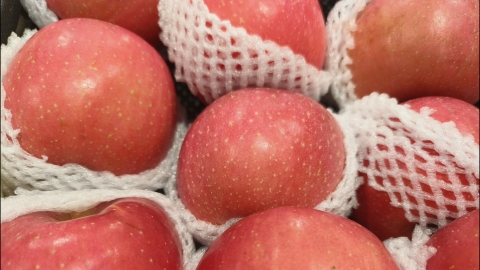What Fruits Can Be Eaten During Postpartum Confinement?
Postpartum confinement usually refers to the puerperium period. During this time, women can choose mild, nutrient-rich fruits that aid physical recovery, such as apples, bananas, papayas, cherries, and grapes. Detailed explanations are as follows:

1. Apples: Apples are neutral in nature and rich in vitamins, minerals, and dietary fiber. The dietary fiber promotes intestinal motility, helping to alleviate common constipation issues during the puerperium. Additionally, their various nutrients are easily absorbed by the body, providing energy and aiding physical recovery.
2. Bananas: Bananas are rich in potassium and dietary fiber. Potassium helps replenish electrolytes lost through perspiration during the puerperium, relieving physical fatigue. Dietary fiber promotes intestinal motility, preventing and improving constipation. However, it is recommended to slightly warm bananas with warm water before consumption to avoid gastrointestinal irritation from cold temperatures.
3. Papaya: Papaya is warm in nature and contains papain enzymes. This component helps break down proteins, promoting digestion and nutrient absorption, thereby assisting postpartum women in better absorbing nutrients from food. Papaya also contains various vitamins that aid in physical recovery.
4. Cherries: Cherries are warm in nature and rich in iron and vitamin C. Iron is an essential component for hemoglobin synthesis, helping to replenish blood loss during the puerperium and prevent iron-deficiency anemia. Vitamin C enhances iron absorption, improving the effectiveness of nutritional supplementation.
5. Grapes: Grapes are neutral in nature and contain glucose, vitamins, and minerals. Glucose provides quick energy to relieve fatigue during the puerperium, while the various vitamins help supplement nutrients and enhance physical immunity. It is recommended to choose ripe, fresh grapes for consumption.
During the puerperium, in addition to selecting appropriate fruits, attention should also be paid to the quantity consumed, avoiding excessive intake at one time. A balanced diet combined with adequate protein should be ensured to provide comprehensive nutritional support for physical recovery.




